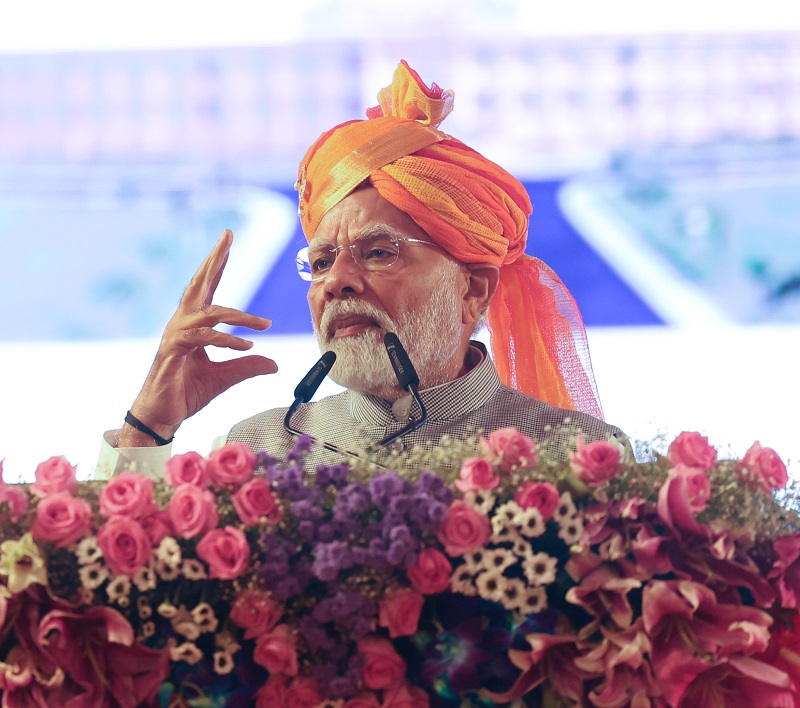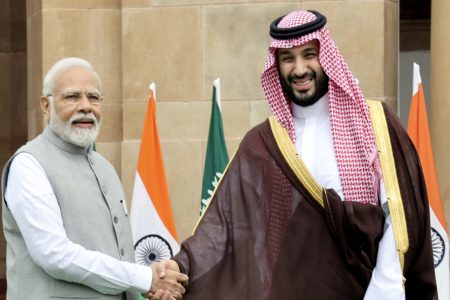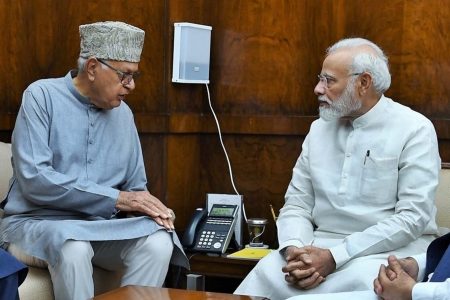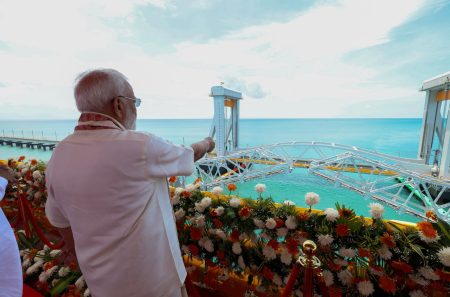
Prime Minister Narendra Modi emphasized the critical need for ensuring simple and accessible justice for all as India progresses towards its vision of becoming a developed nation. Speaking at the conclusion of the Rajasthan High Court’s Platinum Jubilee celebrations, Modi highlighted the judiciary’s long-standing advocacy for a uniform civil code, which he referenced during his Independence Day speech.
Modi stressed that while justice itself is inherently straightforward, the processes involved often complicate it. He called for collective responsibility in simplifying these processes and expressed satisfaction that the nation has already taken historic steps in this direction. The prime minister also underlined the necessity of modernizing the judicial system to align with the growing aspirations and dreams of the Indian people.
He commended the judiciary for its active role in national issues, citing the abrogation of Article 370 and the enactment of the Citizenship Amendment Act (CAA) as examples where the courts have upheld the principles of national interest. Modi noted that these judicial decisions have strengthened the commitment to the principle of ‘Nation First’ across various levels of the judiciary.
Reflecting on his Independence Day address, Modi pointed out that while the current government is the first to openly discuss a uniform civil code, the judiciary has supported this concept for decades. He argued that the judiciary’s consistent stance on national unity will only bolster public trust in the judicial system.
Modi also highlighted the government’s efforts to repeal outdated colonial laws and replace them with legislation that reflects modern Indian values, such as the Bharatiya Nyaya Sanhita, which shifts focus from punishment to justice. This, he said, is a crucial step towards freeing Indian democracy from a colonial mindset.
The prime minister praised the transformative impact of information technology on the judiciary, noting the success of the e-courts project, which has computerized over 18,000 courts and linked more than 2.6 billion cases to a centralized online platform. He also underscored the importance of alternative dispute resolution mechanisms in providing quicker and more affordable justice.
Modi articulated a vision of integration across all levels of the judicial system, from police and forensic services to district courts and the Supreme Court, with technology playing a key role in this process. He highlighted India’s achievements in areas such as Direct Benefit Transfer (DBT) and UPI as global models and suggested that similar technological advancements could empower the poor within the justice system.
To this end, Modi mentioned the development of a software tool, under the Supreme Court’s guidance, that translates judicial documents into 18 languages, enhancing accessibility for all citizens. He acknowledged the historical burden of navigating the court system, often referred to as the “court ka chakkar,” and affirmed that recent reforms have raised new hopes for justice, which must be preserved and advanced.
During the event, Union Law Minister Arjun Ram Meghwal lauded the prime minister’s efforts in promoting a city-centric modern legal system and repealing over 1,500 obsolete laws. The celebration of achievements and discussion on the future of India’s judicial system were attended by Rajasthan Chief Minister Bhajanlal Sharma, along with other dignitaries. Among them were Governor Haribhau Bagade, NALSA Chairperson Justice Sanjiv Khanna, and Rajasthan High Court Chief Justice M M Srivastava.









